I speak to a stack of great humans desperate to do something, to act to say what matters, and they ask, ‘But how and where do I start? How do I know what is necessary? How can I be most necessary, most of service?’
I hand the podium to my favourite Buddhist nun Pema Chodron. She runs a thread through her books to the following beat:
‘Wherever you are in your life right in this moment is your vehicle for waking up.’
Could there be more elegant sigh-of-relief-inducing words of wisdom?
‘If you’re a mother raising your children, that’s the vehicle for waking up. If you’re an actress, that’s the vehicle for waking up.’ She goes on, ‘If you’re a construction worker, if you’re a retired person facing old age… if you’re alone and you feel lonely, and you wish you had a mate, that’s the vehicle for waking up. If you have a huge family around you and wish you had a little more free time, that’s the vehicle for waking up.’
That is start where you are, because that is the best situation for showing you where you’re stuck, where you need to go. There is no need to hover around the edge, waiting for a perfect moment because when you simply step into the breach – hot mess or otherwise – you become necessary. And thus, you come alive.
‘Start now. Start wherever you are. Start with fear. Start with pain. Start with doubt. Start with hands shaking. Start with voice trembling but start. Start and don’t stop. Start where you are with what you have. Just… Start.’
Start now. Start wherever you are. Start with fear.
At times, many times, I’ve wanted to shout this from a megaphone and rooftops.
I’ve also found it a useful mantra for guiding my own necessariness. In the period when I wrestled with what to do with my [I Quit Sugar] business, I had been stuck in a vortex of material temptation while questioning my values and fighting the tug of being caught up. That’s where I was. It was dead uncomfortable. I felt alone in the decision, alone in the responsibility. But that was my vehicle for waking up.
This almost panicked discomfort took me to this place where I was ready to draw the bold line in the sand. That’s what our life situations do – take us to the edge where we can choose to see pain and loss as a necessary and noble thing.
But the act, the something that you do, need not be so bold. It might be quite ordinary. Ordinary can be very necessary. In fact, when we step aside from the neoliberal model that tells kids they can (and must) be everything they dreamed of and insists we all become the most productive economic units we can, ordinary is refreshingly and disarmingly effective.
Ordinary can be very necessary.
Being necessary might be helping homeless, volunteering in a soup kitchen, taking time to chat with your elderly neighbour. It can be the simple act of sitting alone outside Parliament as a 15-year-old girl with a sign that reads ‘School Strike For Climate’.
My friend Lucy had been feeling powerless in the face of the climate emergency. In fact, and I don’t think she’ll mind my sharing this, she’d been feeling stuck and unable to engage or start on a bunch of things, feeling her life is a mum with two wild boys at home was not impactful or ‘necessary enough’.
Ahead of one of the big school strikes for climate, Lucy despaired that no one would do anything. The parents were claiming it was too hard to get into the city on the day.
So, she stepped forward and booked a minibus. She then set up a booking document on Eventbrite. She’d never done this before. Within an hour the bus booked out with parents and kids now able to join the rally. She upgraded to a coach, and then to two coaches. Within 48 hours, she’d got 130 people to sign up to the strike. I then shared the story on my social media, and it prompted other people to copy what Lucy had done.
It started out a little bit ordinary (although I’d argue it was nattily brave), but the fact that Lucy stepped up and did something and enlivened many others to step up, too.
I’m guessing Lucy got several hundred parents and kids to that pivotal international strike.
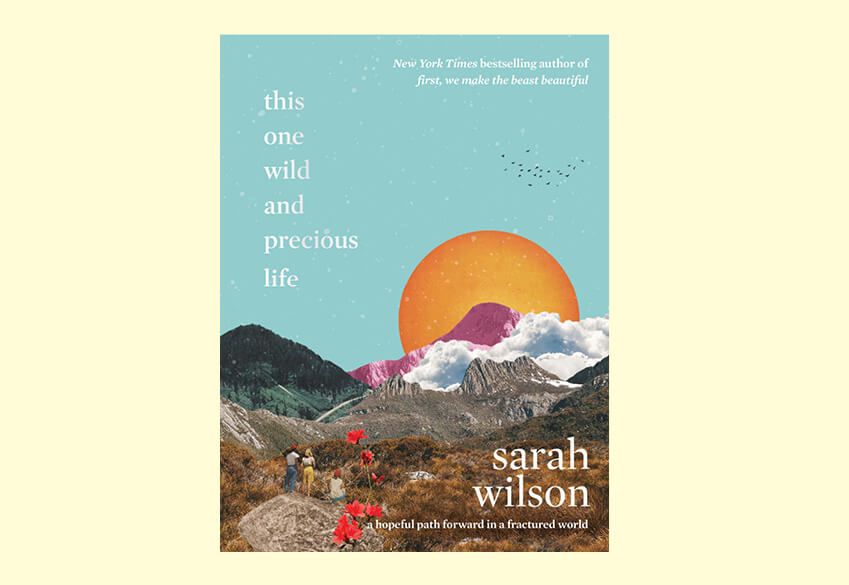
Through my work in the climate movement I’ve been asked to advise companies on what they can do. I was brought into a brainstorm session with a bunch of leading tech CEOs and venture capitalists. They wanted to create a new! big! climate charity that would fix things!
After some whiteboard scribbles and passing of snacks, I was asked my thoughts. ‘Can I be brutal?’ I asked and didn’t wait for a response from the room of mostly men. ‘You guys are not climate experts and the world doesn’t need another charity to split off in another direction. But the people who have been working in this space for decades, who do know the science and the politics, they need apps and tech help and investment. Go to them. Offer your help. Start where you are, where you can be of service, not a hero.’
You start. Then it spreads. Action begets action. Care begets care.
Studies show that we tend to give when we’re around other people who give. And that any kind of giving brings joy, better health and meaning to the giver. Americans who were regularly generous with their neighbours were twice as likely to agree that they have a purpose than those who were less generous to neighbours.
You see, once you just start – wherever you are – things become. The starting is the thing. I turn to various writers and artists to remind myself of this:
Picasso: ‘To know what you’re going to draw, you have to begin drawing.’
Chuck Close: ‘Inspiration is for amateurs. The rest of us to show up and get to work.’
Isabelle Allende: ‘Show up, show up, show up.’
And because there’s a Rumi quote for every occasion: ‘As you start to walk on the way, the way appears.’
Edited extract from this one wild and precious life by Sarah Wilson, published by Pan Macmillan, RRP $34.99
Want more stories like this? Sign up to PRIMER’s weekly newsletter here.
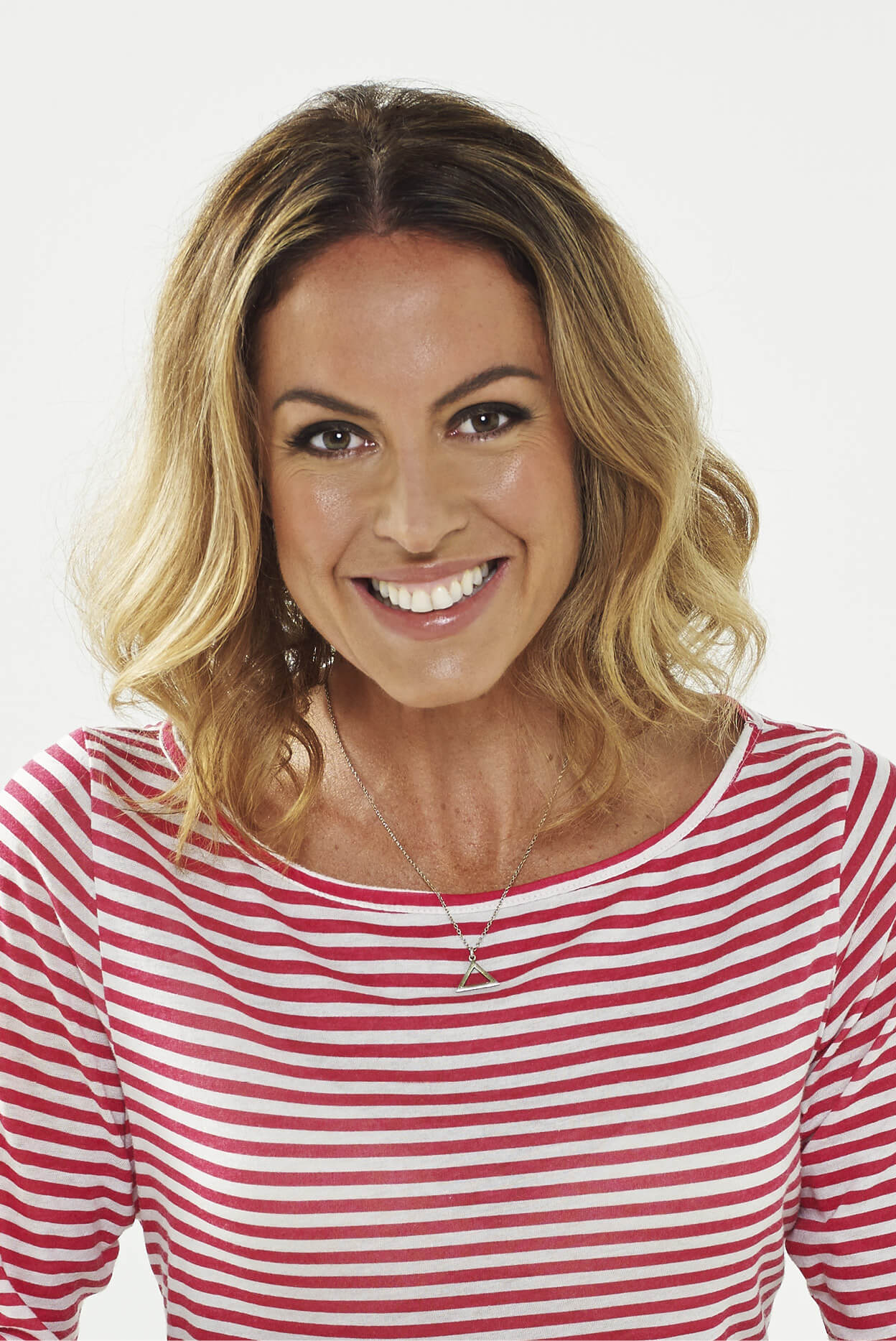
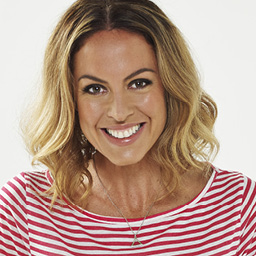

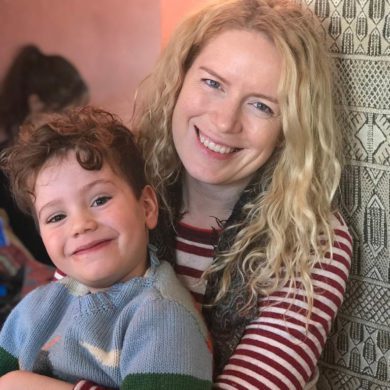
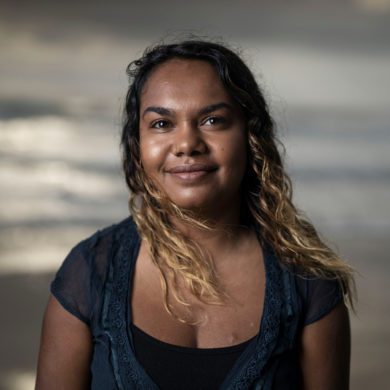




No Comments